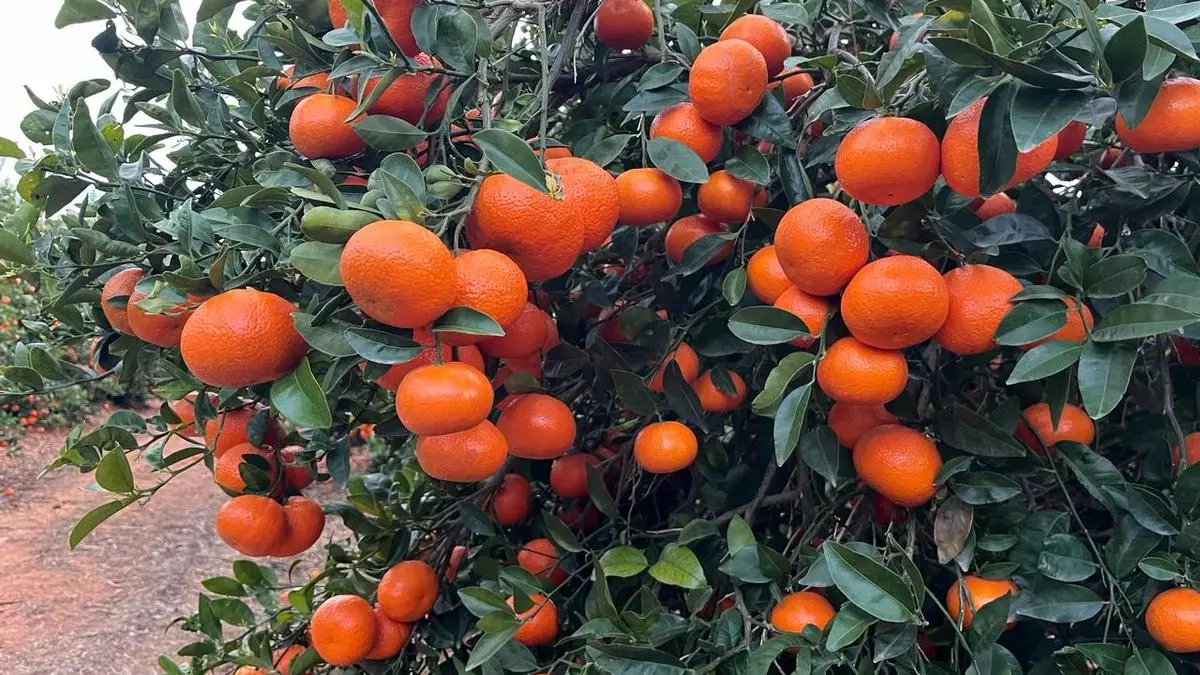Sahyadri Farms introduces the patented ‘Tango’ mandarin variety among Indian farmers
Sahyadri Farms, India’s largest farmer-owned horticulture ecosystem, has announced the introduction of the renowned patented “Tango” mandarin variety in India. This exceptional fruit will now be accessible to the small and marginal farmers associated with Sahyadri Farms, promising significant economic benefits and a boost in agricultural productivity.
Developed by the University of California and globally licensed by Eurosemillas, a pioneering agricultural innovation company, the Tango mandarin is celebrated for its unique flavour, balanced acid-sugar ratio, and juicy texture. Notably, the fruit is almost seedless, with just 0.2 seeds per 25 fruits, making it highly appealing to consumers. Key specifications of the Tango include its seedless nature, superior quality, exceptional shape, colour, flavour, brix, and ease of peeling. The fruit also boasts high productivity, with an average yield of 60 tonnes/hectare, and enjoys strong marketability due to its high consumer demand.
Sahyadri Farms has a history of pioneering agricultural innovations, having provided exclusive access to patented grape varieties that have benefited over 26,000 farmers. With exclusive growing and marketing rights for several premium grape varieties from leading breeding programmes globally, Sahyadri has set a precedent for success and innovation in the agricultural sector.
New journey
Building on this success, Sahyadri Farms now embarks on a new journey with citrus. The introduction of the Tango mandarin aims to create substantial economic benefits for farmers through its high-yielding capability and robust market demand.
This initiative is set to have a transformative impact on Maharashtra’s citrus farmers, a State with over 135,000 hectares dedicated to citrus cultivation involving approximately 170,000 farmers and an annual production of 1.8 million tonnes, The Tango mandarin varieties will be available to farmers through Sahyadri’s member Farmer Producer Organizations (FPOs) after the successful completion of the Plant Quarantine process. This initiative is also expected to reduce the import of premium fruits and processed citrus products in India, further benefiting the local agricultural economy.
